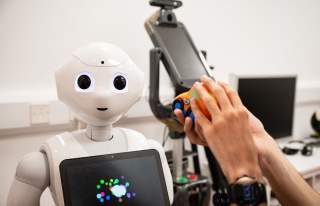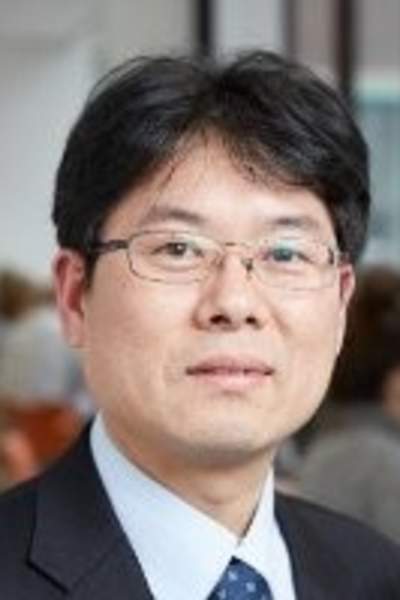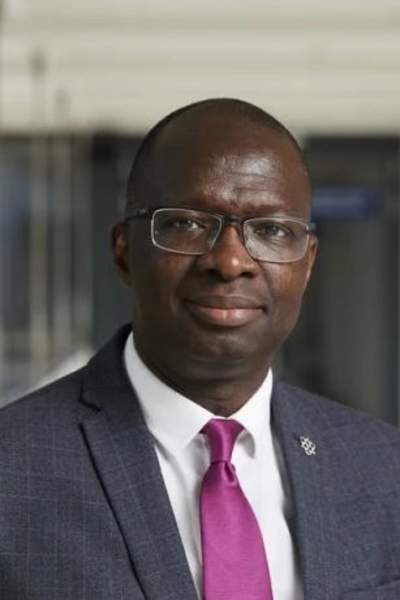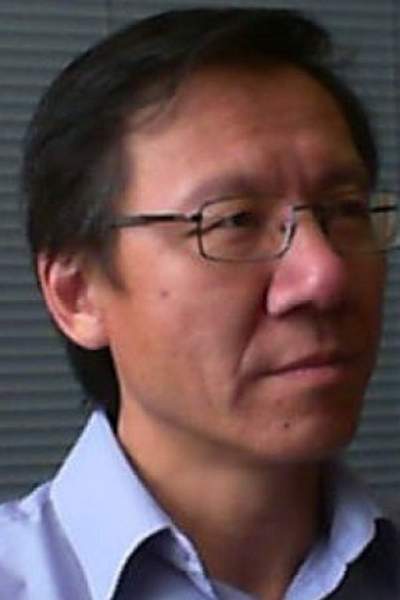For more than 250 years, Manchester has been creating and shaping the future. Creativity and pioneering new ways of working is in our DNA.
Since developing the first stored program computer and the world’s first commercial computer, Manchester has continued to pioneer in areas including eCommerce, cyber security, AI and data, and service design – to name a few. Innovation in these areas is complemented by the city’s five leading universities, which have a proven track record for collaborating with industry on ground-breaking research and development.
As well as being home to a fast-growing £5 billion digital ecosystem, Manchester is officially the UK’s Top Digital Tech City, with ambitions to become a top five European digital city and global influencer.
Manchester has a thriving community of more than 10,000 digital and tech businesses, from start-ups and SMEs to global brands including Google, Microsoft, IBM and Cisco – as well as numerous homegrown unicorns that IPO above $1 billion. These companies sit side-by-side in the city’s digital and technology clusters, incubators and co-working spaces, where they converge, collaborate and drive innovation.
Cyber Security
The UK is committed to tackling cyber security and Manchester, home to the nation’s fastest-growing cyber ecosystem, is the driving force.
Birthplace of the industrial revolution as well as the world’s first stored program computer, Manchester is a pioneering city that never stops innovating. Today, Manchester is leading the way in defending digital assets from hackers and the boom in cyber security businesses setting up in or moving to the city demonstrates the growing demand for its world class cyber security expertise.
Manchester has nurtured homegrown digital security companies including Avecto, Hedgehog, NCC Group and Secarma, and has attracted established cyber divisions of global defence companies such as Raytheon, BAE Systems AI and Northrop Grumman as well as consulting firms including KPMG to establish itself as a city committed to cyber security innovation and collaboration.
Manchester is now also home to the UK’s government security agency GCHQ – placing the city at the heart of the nation’s IT security effort. The national agency established a strategic hub in Manchester in 2019 and has plans to grow up to 1,000 staff.
Manchester’s cyber ecosystem sits at the heart of a thriving £5 billion digital economy and has been recognised as a Top 20 European Digital City due to the depth and breadth of its digital and technology industry.
The city has implemented numerous initiatives to ensure it is recognised as one of the best cities in the world for developing and harnessing digital technology and cement its reputation as a leading centre of information security innovation and research, which include:
Cyber Innovation Centre – a new £10m programme to facilitate the growth of cyber security businesses in the region, providing collaborative space in which companies, universities and government can share best practice in tackling cyber threats.
GM Cyber Foundry – a £6m ERDF funded initiative, which four north west universities are collaborating on, to be run out of the Cyber Innovation Centre with the aim of encouraging engagement between a range of businesses on cyber innovation research.
eCommerce
The city is an eCommerce powerhouse that has nurtured several of the UK's homegrown retail tech unicorns, such as The Hut Group and Matillion. There are almost 3,000 eCommerce and related companies, including our high-growth companies – such as Missguided, Fanatics, Rentalcars.com and Pretty Little Thing. The rise of eCommerce in Manchester is supported by the city's diverse ecosystem and strengths in complementary industries such as FinTech, AI and data, cyber security and service design. These specialisms, combined with the city's established skills in front and back-end development, data analytics and creative marketing, make Manchester the ideal environment for eCommerce firms to thrive.
Gaming
Manchester has a fast growing gaming sector and with companies including Team 17, Smashmouth Games, Fabrik Games, Cloud Imperium and Rezzil, to name a few, calling the city home.
Manchester is also developing the next generation of gaming designers and digital storytellers, with its universities offering specialist gaming and related courses geared to the industry.
In addition, in 2021 the HOST Esports Studio was launched in the heart of MediaCity, offering a dedicated training space for local Esports and bootcamps, focused on fostering future gaming talent and supporting the development of the Esports and XR immersive community in the North West of England.
Artificial Intelligence
Manchester has a strong academic AI community and a pipeline of talent. Three of our five universities have established research groups working in AI and data science, achieving world leading and internationally excellent work in the field. Furthermore, the University of Manchester is an academic partner with the Alan Turing Institute, the leading body for Data Science and AI in the UK.
Home to a growing number of AI companies including Peak, Dream Agility, and Digital Bridge, Manchester is also home to a number of organisations including GCHQ and NCSC, who are growing teams in AI and Data Science.
In 2020, Manchester launched the Greater Manchester AI Foundry, a £6m project that combines business innovation expertise and leading AI research from Manchester Metropolitan University, Lancaster University, University of Manchester and the University of Salford to help SMEs create new AI products and services which will enable their businesses to grow.

















